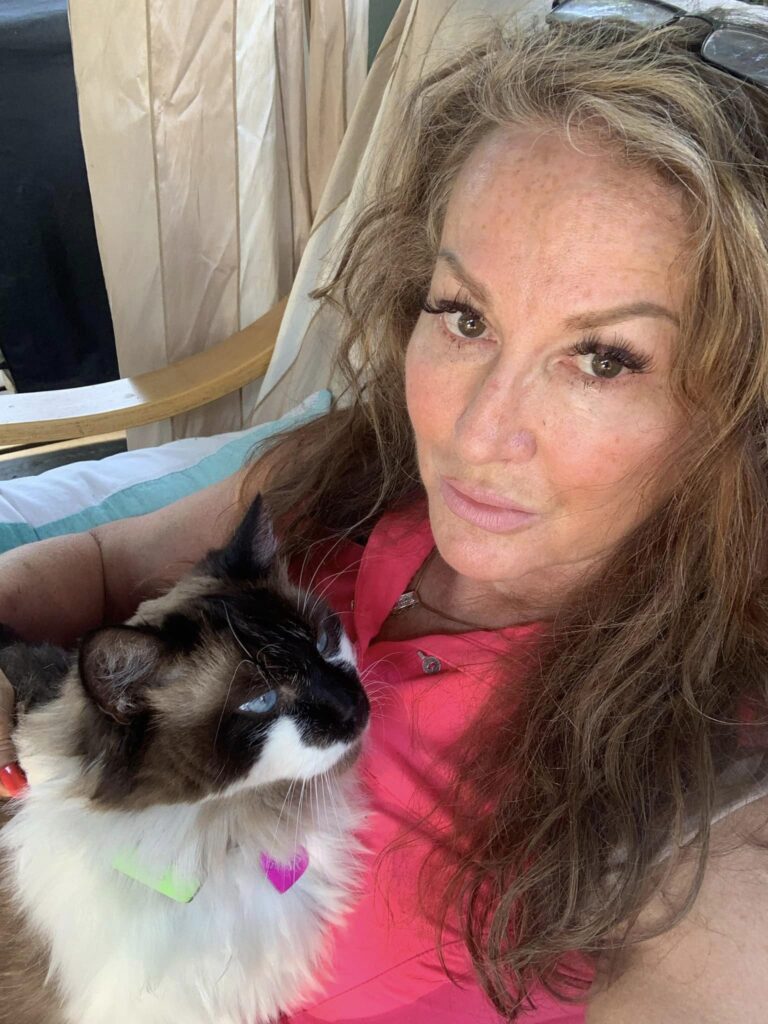- Kris Stewart’s cat Bear died young, and she didn’t want to completely give him up
- Biotech company used cells from Bear, which were inseminated into a surrogate mother cat, to create clones
- Stewart now has two kittens identical to Bear

The death of a pet is always traumatic – especially if they die at a young age – but would you pay to get them cloned? Well, that’s just what one Canadian woman did when her beloved cat died.
Kris Stewart from Vancouver paid a pet-cloning company $50,000 to have her late cat Bear cloned.
Bear, a ragdoll cat, died after being hit by a car in January 2022, aged just five. But Stewart was not prepared to say goodbye completely to her beloved pet, so she paid Texas-based animal cloning company ViaGen to create a clone of Bear.
The company uses a technique called somatic cell cloning, which involves transferring the nucleus of a cell from Bear into a new egg cell that is then implanted into a surrogate mother cat. The resulting kitten(s) then have 100% of the DNA of the cat from which the nucleus was taken.
After four failed attempts, a surrogate mother cat gave birth to two kittens in January who have 100% of Bear’s DNA.
After spending two months at ViaGen’s facility with their mother, Stewart has been allowed to take the kittens, named Bear Bear and Honey Bear, home.
Explaining her decision to go ahead with the cloning, Stewart felt that “there was more living that needed to be done by Bear,” she told CBC.
She added that she was “thrilled” to have the new kittens, who are both showing similarities to Bear, saying they are “bold and sassy”.
Cloning animals has been around since 1996 when Dolly the Sheep was born in Scotland. Since then, commercial pet cloning has become a thing, with celebrities such as Barbra Streisand using the technique.